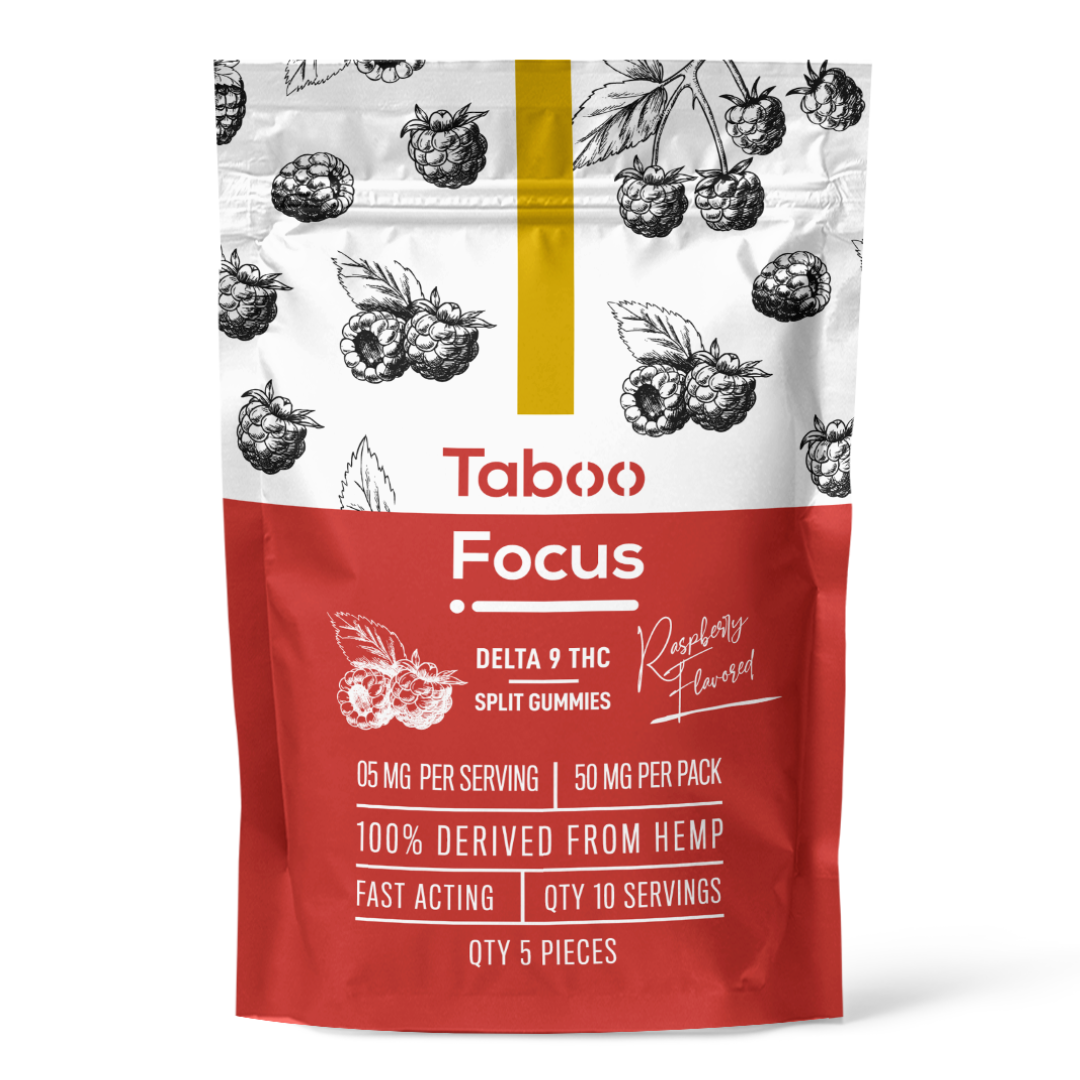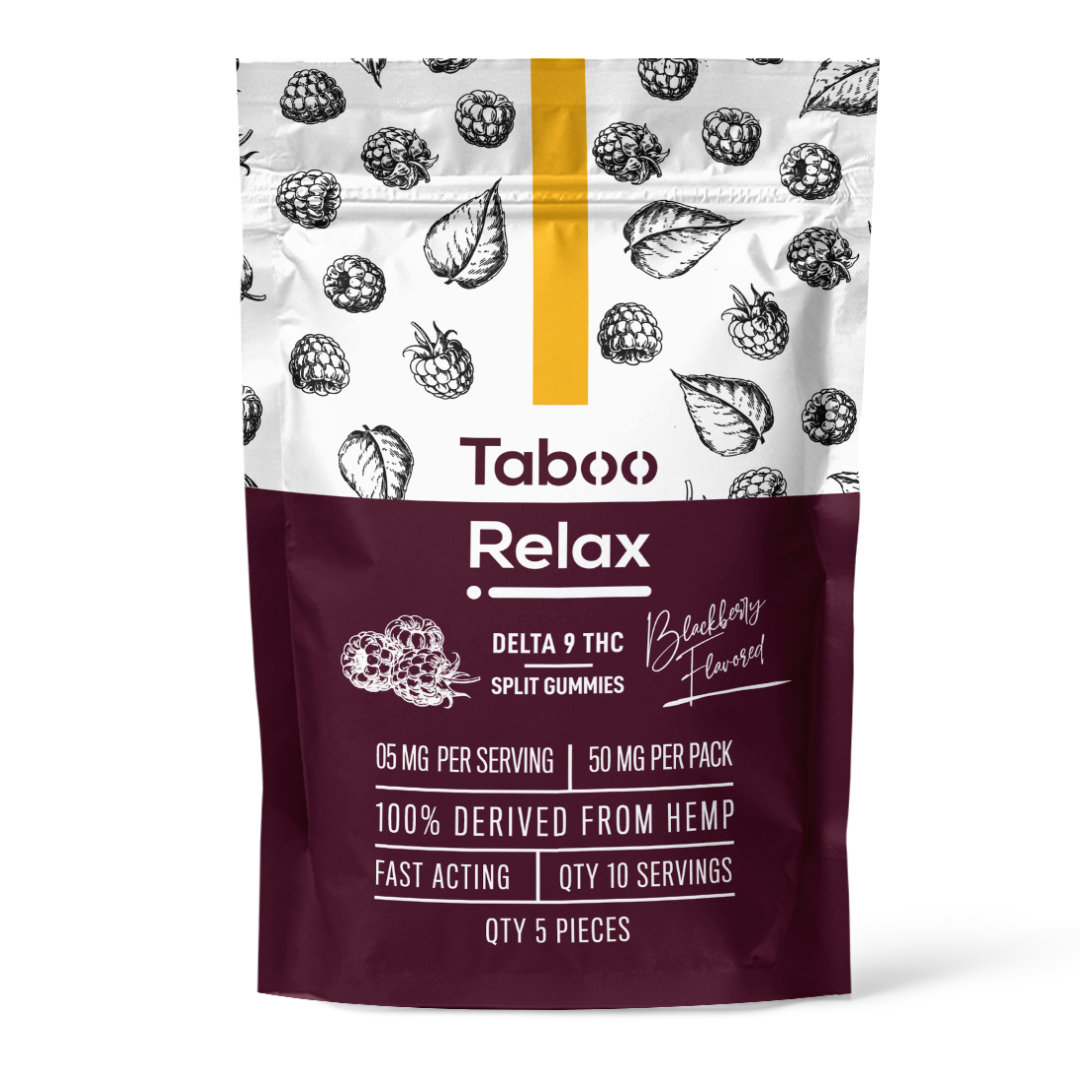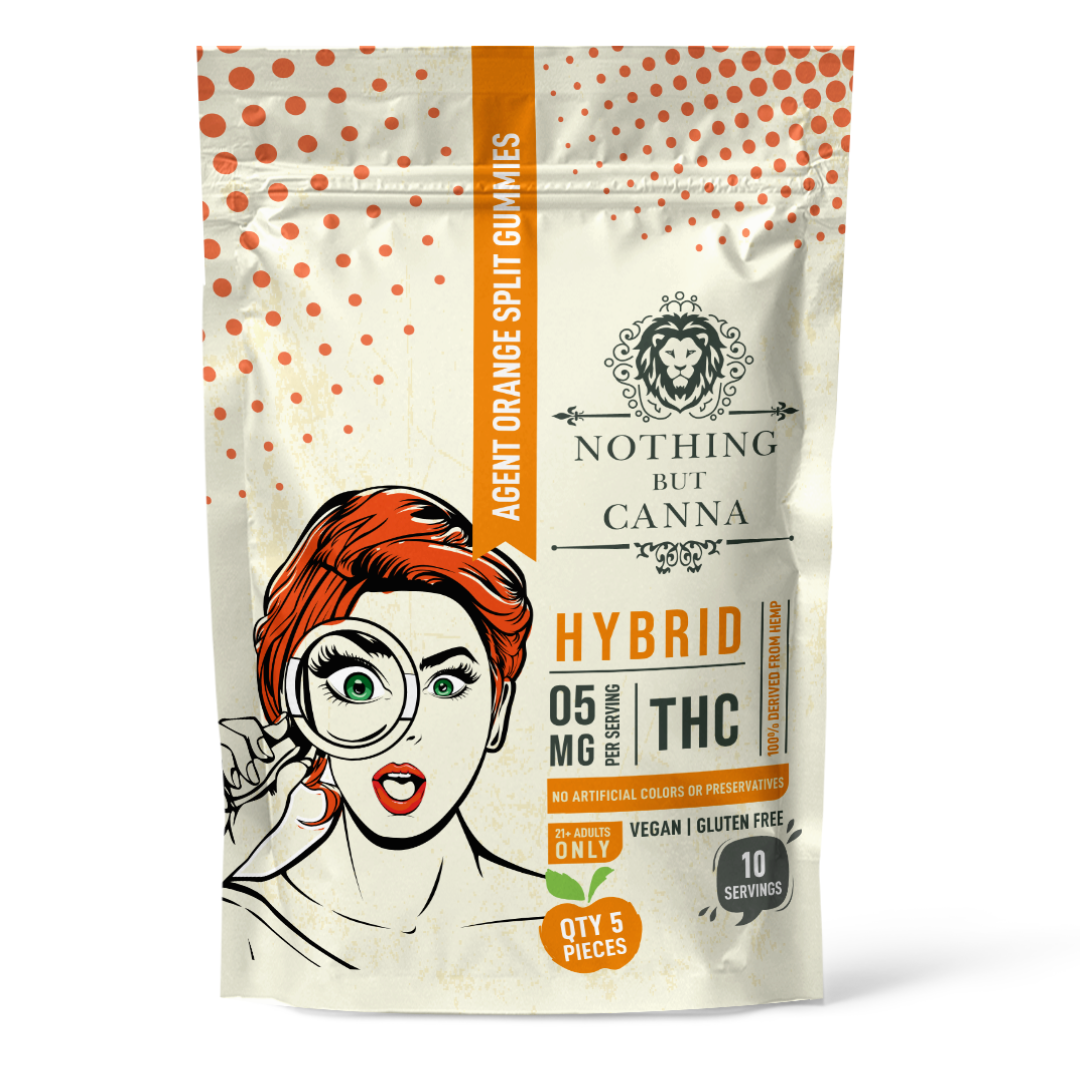
CBD is safe for short-term use without a prescription, an advisory committee of scientists told Canada’s federal health department in a July 28 report.
The findings could eventually lead to new markets in Canada, reports MJBizDaily, though it's ultimately up to Health Canada whether to take action based on the report.
While the report has no bearing on U.S. policy, the conclusion that CBD is safe for mainstream retail bodes well for the future of CBD here. CBD products are already available across the U.S., but the Food & Drug Administration has hesitated to approve any for general retail, citing safety concerns. That the Canadian panel found CBD appropriate for use without a prescription indicates that researchers in the U.S. might come to similar findings independently.
‘Safe and Tolerable for Short-Term Use’
The advisory panel unanimously agreed that CBD is safe for healthy adults in doses from 20 - 200 milligrams daily for a maximum of 30 days, with the caveat that people should discuss other medications and substances used with their pharmacist.
Because they encouraged consultation with a pharmacist if taking other medications, the committee recommended that CBD only be available in pharmacies.
Throughout the report, the nine-member panel emphasized the idea that more research is needed.
“While our goal is to support consumer access to safe products,” the committee wrote, “we also need to consider knowledge gaps and public health risks. The recommendations provided are based on the scientific evidence available at the time of the committee's review and will evolve as the information on CBD continues to develop.”
The panel called for efforts to educate the public on the potential benefits and risks of CBD, as well as advising people of gaps in research knowledge, including whether CBD is safe when taken for extended periods.
“[W]e wanted to provide recommendations which would support consumer access to potential non-prescription CBD products, while also preventing consumers from self-medicating or treating their pets with products currently available on the commercial market that have not been reviewed for safety, efficacy and quality,” the committee wrote of their aim.
They added that CBD labels should warn consumers about potential interactions with other drugs or alcohol.
“Because side effects can happen even at very low doses, any use of CBD needs to be approached with caution,” they wrote, noting side effects may include confusion, nausea, drowsiness, and changes to how prescription drugs affect the body.
Further, they said, CBD shouldn't be used at all while pregnant or breastfeeding, or by those with cannabis sensitivities.
CBD for Animals
While the report focused on human use, it did touch on CBD for animals.
The researchers only found sufficient safety evidence for use in dogs, saying CBD appeared to help relieve pain associated with osteoarthritis. The panel recommended a confirmed diagnosis of osteoarthritis from a veterinarian before giving CBD to dogs, and consultations with a vet for any use.
“Until more safety and efficacy information becomes available, pet-owners should consult a veterinarian prior to administering CBD to their pets,” the report reads.























